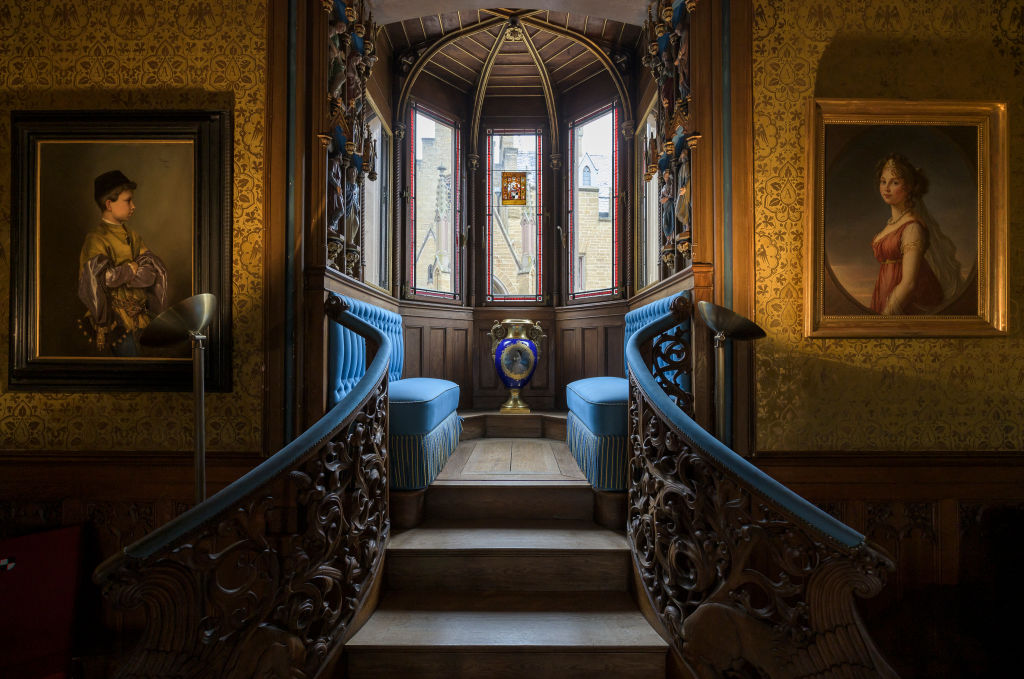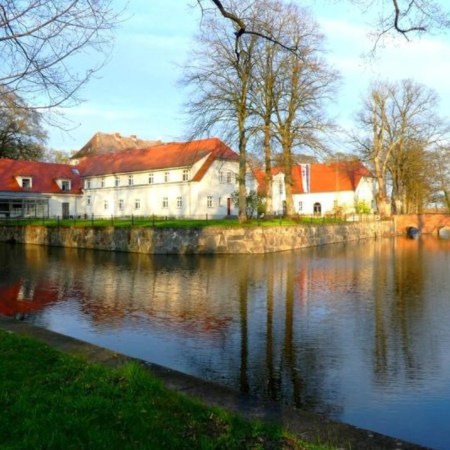In the last few years, there have been numerous news stories about property being returned to its rightful owners. The vast majority of these tend to focus on righting a historical wrong. In some cases, that means returning property seized from Indigenous people or acquired improperly overseas; in others, it can come in the form of restitution for objects taken by the Nazis.
There’s at least one high-profile case of someone seeking the return of property that doesn’t quite fit in with this theme, however. That’s because the person at the center of it is the heir to the Hohenzollern dynasty, which ruled Prussia and, later, Germany for years.
At The New York Times, Catherine Hickley chronicled the efforts of Georg Friedrich Prinz von Preussen to get a number of works of art back from the German government. The art and other items were taken by the East German government during the time when Germany was split into two nations.
The German legal system does allow for those who had items taken by the East German government to petition for their return, but there’s one catch — people who provided the Nazis with “substantial support” are not eligible for such restitution. And there’s plenty of evidence that Crown Prince Wilhelm, Georg Friedrich Prinz von Preussen‘s great-grandfather, did just that.
In the article, Hickley writes that a significant number of scholars and historians believe that Wilhelm’s support for Hitler and the Nazis did cross the threshold of what constitutes “substantial support.”
Prinz von Preussen’s efforts continue, according to the article, but it seems likely that his sole avenue for restitution will end up being via the judicial system. Given that it involves a high-profile heir and the echoes of past injustices, it’s not hard to see why this case is so fascinating for so many people.
Subscribe here for our free daily newsletter.
Thanks for reading InsideHook. Sign up for our daily newsletter and be in the know.


















